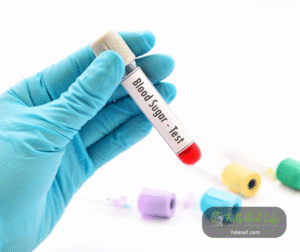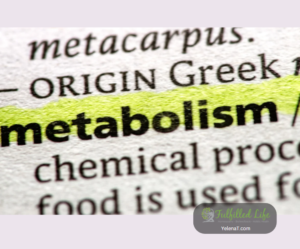When discussing hormonal health, testosterone often gets overlooked, especially in conversations about women’s well-being.
However, this powerful hormone plays a crucial role in mood regulation, motivation, and emotional health.
If you’ve been feeling less energetic or more irritable, understanding how testosterone impacts dopamine and serotonin might help you reclaim your vitality.
The Mood Connection: How Testosterone Affects Women
Dopamine is the brain’s feel-good chemical, essential for motivation and pleasure. Testosterone helps maintain healthy dopamine levels, but during various life stages – like menstruation, pregnancy, and menopause – testosterone often declines. This decline can lead to:
- Diminished Energy: If you find climbing a flight of stairs feels like an Olympic event, you’re not alone. Fatigue can make daily tasks overwhelming.
- Reduced Libido: A decline in sexual desire can strain relationships and diminish intimacy, affecting overall happiness.
- Feelings of Sadness: Lower dopamine activity due to reduced testosterone can cast a shadow over your mood, leading to feelings of hopelessness.
Recognizing how testosterone impacts dopamine levels is the first step toward regaining emotional stability.
Compounding Effects: Testosterone and Serotonin
While testosterone’s effect on serotonin isn’t as direct, it still significantly influences emotional regulation. Serotonin is crucial for mood stability, and lower testosterone levels can lead to increased irritability and anxiety:
- Emotional Sensitivity: As testosterone and serotonin levels decline, emotional responses may heighten, leaving you feeling more easily overwhelmed.
- Struggling with Stress: A reduced ability to cope with stress can complicate your mood further, making it hard to navigate daily challenges.
This connection emphasizes the importance of hormonal balance in achieving emotional resilience.
Actionable Strategies for Supporting Testosterone Levels
You don’t have to accept low energy and mood swings as your new normal. Here are some practical strategies tailored to support testosterone levels in women:
- Nourish Your Body: Focus on a diet rich in healthy fats, lean proteins, and whole grains. Include foods like avocados, nuts, and fatty fish for optimal hormone support.
- Get Moving: Engage in regular strength training and high-intensity workouts. These activities can naturally boost testosterone while lifting your spirits.
- Breathe and Relax: Incorporate stress-reduction techniques such as yoga, mindfulness, or meditation to cultivate inner calm and emotional balance.
- Prioritize Sleep: Aim for 7-9 hours of restorative sleep each night. Establishing a calming bedtime routine can enhance your sleep quality and hormonal balance.
- Test Your Hormones: Consider hormone testing to identify imbalances, enabling tailored interventions that meet your unique needs.
Busting Myths About Testosterone in Women
Many believe testosterone is only important for men, but this couldn’t be further from the truth. Women also produce testosterone, and it’s essential for both emotional and physical well-being. Here are a few common myths debunked:
- Myth: Testosterone is only for men.
Fact: Women produce testosterone too, and it’s vital for emotional health and overall vitality. - Myth: Higher testosterone means aggression.
Fact: Adequate testosterone supports mood regulation without aggressive behavior. - Myth: Hormonal issues are just a part of aging.
Fact: While hormonal changes are common with age, they can be managed effectively with the right approach.
If you’ve experienced mood disturbances or are curious about optimizing your emotional health, I invite you to a complimentary consultation with me.
As a Doctor of Holistic Health, I’m here to guide you through understanding your unique hormonal profile and developing a personalized plan to restore balance.
Your journey to emotional well-being starts here. Let’s work together to uncover the path to a more vibrant, joyful life!








